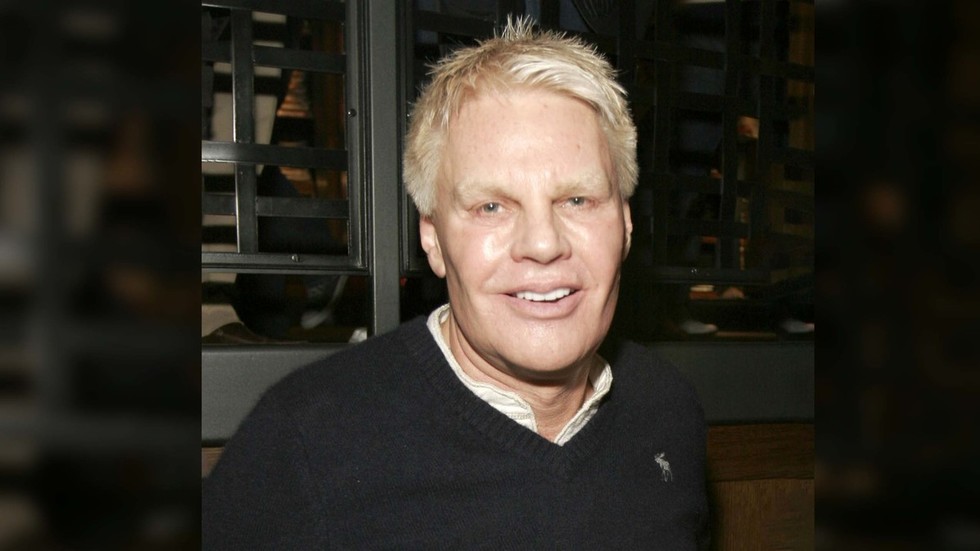Mike Jeffries, the former CEO of Abercrombie & Fitch, has been arrested in the United States on federal sex trafficking charges. The charges stem from accusations that he, along with his partner Matthew Smith and their employee James Jacobson, were involved in drugging and sexually exploiting vulnerable young men over a span of nearly two decades. The case has 15 unnamed accusers who allege they were lured to participate in coercive sex parties under the guise of modeling opportunities. These events reportedly took place in various locations, including New York and several European destinations, from 2008 to 2015. Allegations suggest that some victims, as young as 19, were misled about the expectations of their participation, leading to potentially traumatic experiences during these sex parties.
Upon their arrest, Jeffries and Jacobson were released on significant bail amounts, with Jeffries’s bond set at $10 million and Jacobson at $500,000. Meanwhile, Smith remains in custody, which may point to varying levels of evidence or seriousness of charges among the three defendants. The indictment highlights that the men allegedly exploited their positions and promises of modeling careers to entice their victims. This case is indicative of a broader context in which public figures in the United States have faced scrutiny and legal action for similar accusations over the past several years.
Federal prosecutors, led by U.S. Attorney Breon Peace, have indicated that there is substantial evidence to support the allegations, including travel records and financial documentation. They have also gathered testimony from both victims and witnesses, which could prove critical as the case unfolds. Jeffries’s legal representation has publicly denied the allegations, asserting that he vehemently contests the charges brought against him. The severity of the allegations and the profile of the individuals involved have led to significant media attention and public discourse about accountability for acts of sexual exploitation.
In the current climate, numerous high-profile cases are bringing awareness to sexual misconduct allegations, particularly within the entertainment and fashion industries. For instance, rapper Sean ‘Diddy’ Combs is facing charges related to sex trafficking and racketeering for allegedly using similar tactics to exploit vulnerable women. Combs’s case has startling parallels to the accusations against Jeffries, further emphasizing a troubling trend among influential figures who purportedly use their status to manipulate and abuse those seeking career advancement or financial support.
The historical context of these allegations also includes infamous cases, such as that of Jeffrey Epstein, who was arrested in 2019 on human trafficking charges. His network of powerful allies and the alleged sexual exploitation of underage girls on private islands highlighted systemic issues related to privilege, power, and exploitation. Such connections underscore a continuing pattern of abuse among elites, under which many young individuals are left vulnerable to coercion and exploitation.
As the legal proceedings for Jeffries and his co-defendants develop, they could potentially reframe the narrative around celebrity culture and accountability, especially relating to issues of consent and exploitation. The consequences of these cases may compel a reassessment of how industries protect those who are at significant risk of being manipulated by powerful figures. The growing societal demand for accountability may also lead to cultural shifts within the fashion and entertainment sectors, encouraging a safer environment for aspiring individuals who seek their place in these competitive fields.

